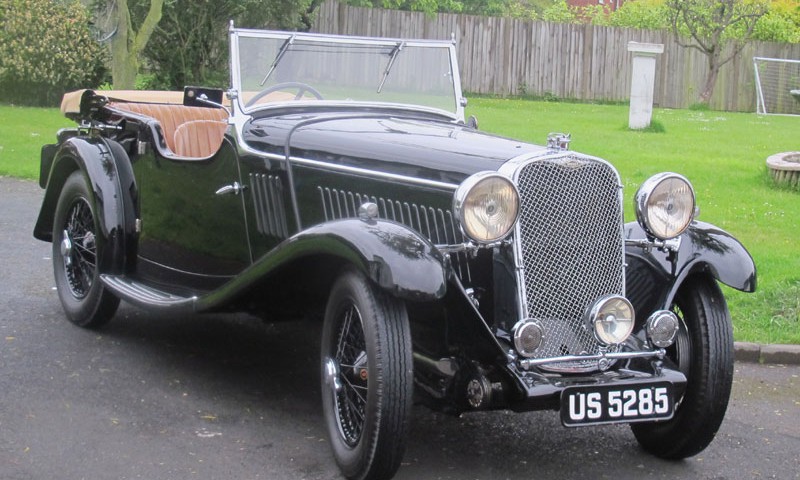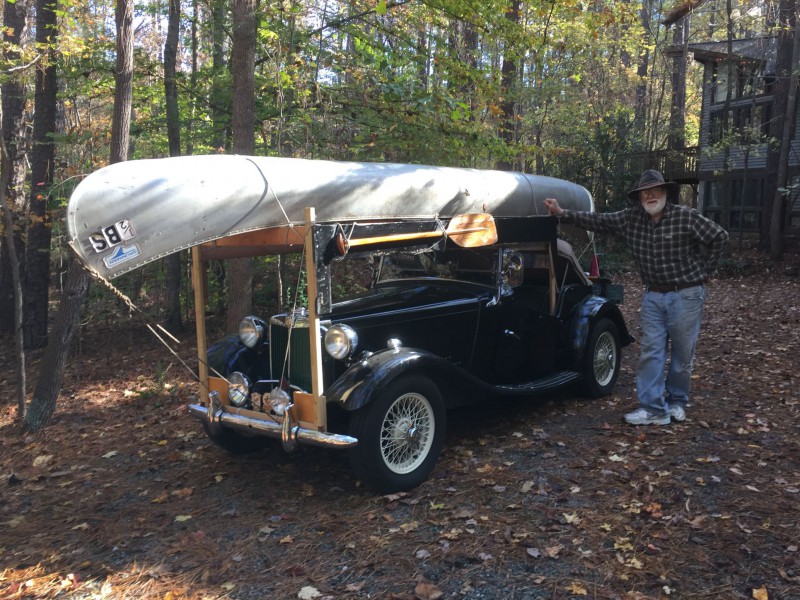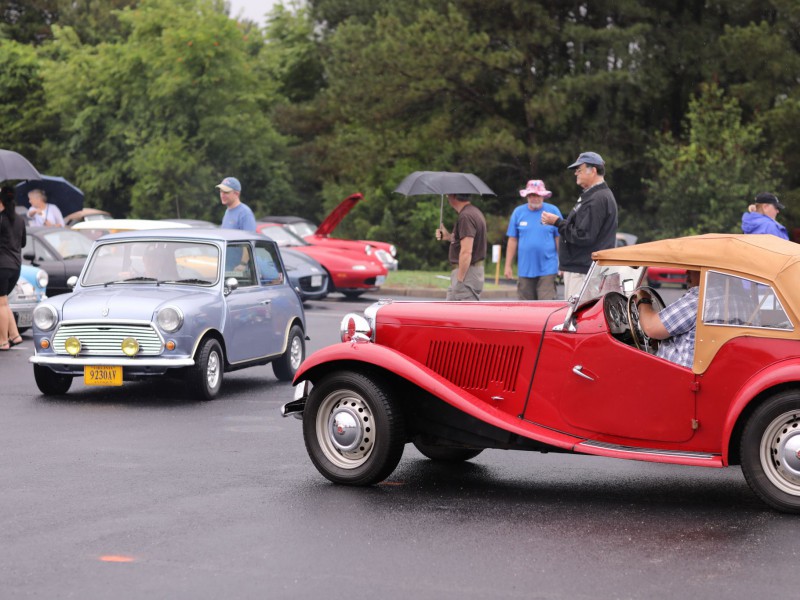Like Triumph, its Coventry neighbor, Singer Motors Limited started in business in 1874 as a bicycle manufacturer before turning to cars and commercial vehicles at the turn of the century. An established innovator in the industry, Singer brought to market the first practical small car that was an equal to contemporary larger cars (rather than a built-up cycle based small car). The Singer 10 was introduced in 1912 and was an impressive seller for the day. William Rootes – who would later form the Rootes Group – was an apprentice with Singer at the time and was responsible for many early sales.
Although Singer was the third largest British car manufacturer in the 30s, it was a distant third behind Austin and Morris. The company tried hard to bridge the gap and often competed in international motorsports events to gain publicity for the company’s profits. This led to an intense rivalry with MG on the showroom and the track with both firms often competing head to head. With success at Le Mans, Singer decided to move upmarket and introduced a larger rival unmatched by MG at the time.
The Singer 1.5-Liter Sports Tourer was introduced in 1933 and was significantly larger than the MG K1 and greatly resembled the M45 Lagonda. The coachwork was styled at Singer by Eric Neale with many prewar styling features such as the prominent grill work, the cutaway doors and the sweeping fenders.
Based on the Singer Fourteen, with a lowered version of its ladder-frame chassis featuring all-round semi-elliptic leaf-springs suspension and four-wheel Lockheed hydraulic 13-inch drum brakes, the Singer 1.5 Litre Sports was powered by a 1493cc OHC six-cylinder engine allied to four-speed manual transmission.
A spritely yet well-mannered car, it rode on 18-inch Rudge knock-off wire wheels and was capable of cruising at 60-70mph. Priced at £295 but only sold during 1933 and 1934, just 77 1.5 Litre Sports Four-Seater Tourers were made of which a mere 12 are known to have survived. This 1934 Singer 1.5-Liter Sports Tourer was restored in the UK and a regular sight on the Singer club scene.
Images courtesy of H & H Auctions.













'1934 Singer 1.5-Liter Sports Tourer' has no comments
Be the first to comment this post!